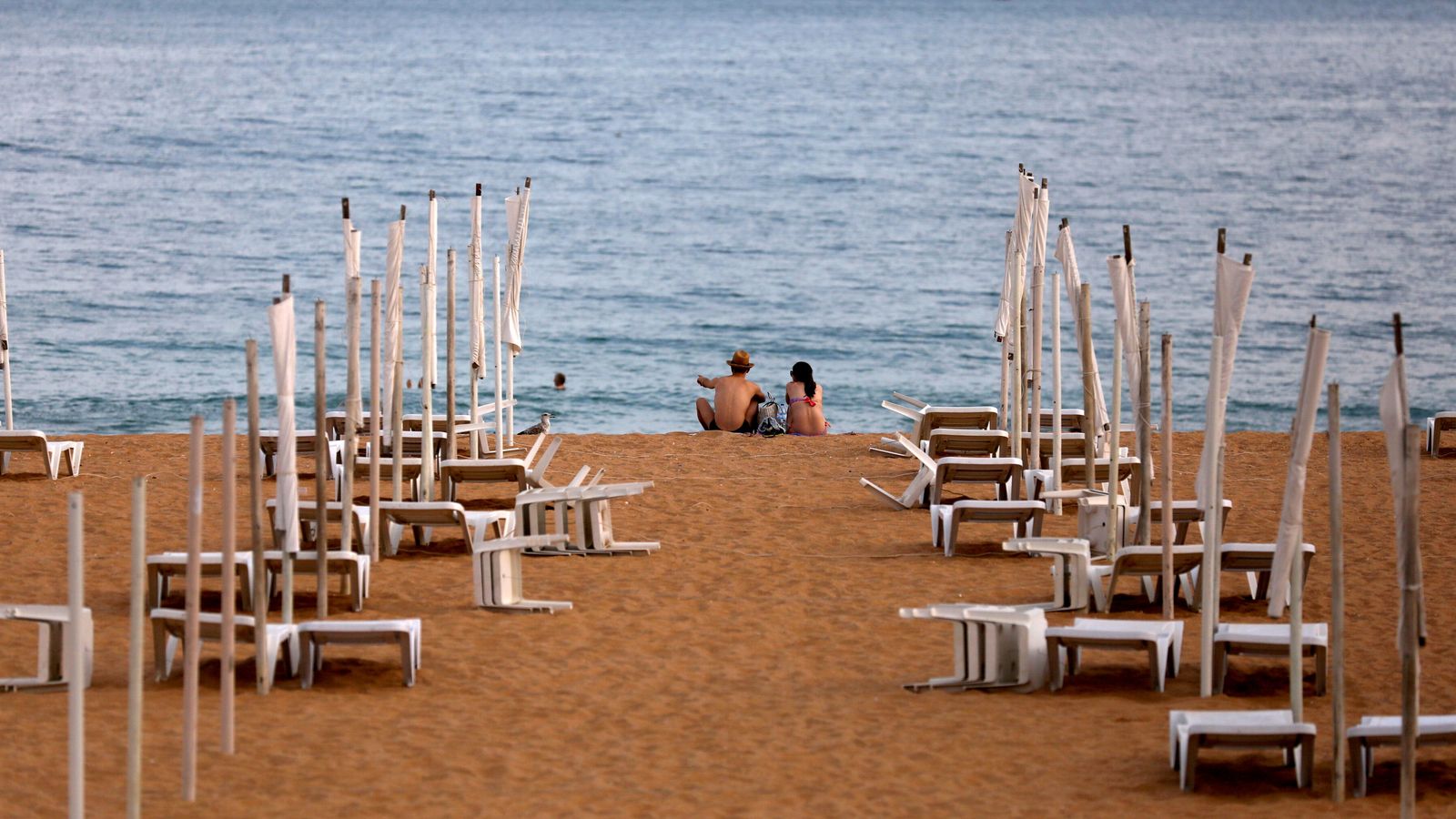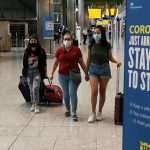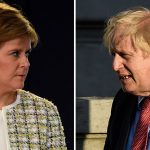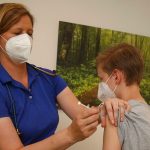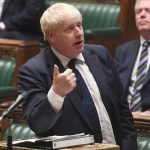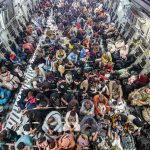People in England will be able to enjoy quarantine-free travel to more than a dozen countries and territories when international travel resumes later this month.
Under the government’s roadmap for easing COVID-19 restrictions in England, foreign travel will be allowed from 17 May – but the devolved governments in Scotland, Wales and Northern Ireland have yet to announce plans for foreign travel.
People who have had both doses of a coronavirus vaccine will be able to provide proof of their vaccination status on the NHS app once foreign travel resumes.
Those who do not have the app – which is different to the COVID one many people will have on their phones – will be able to request an NHS letter from 17 May.
Portugal, Israel and Gibraltar are among the nations on the government’s green travel list.
This means people will be able to visit these countries and not have to isolate upon their return, provided they test negative for the virus after their arrival.
Australia, New Zealand and Singapore are also on the green list, but people will not be able to travel there on holiday as they are closed to UK tourists.
People returning from nations on the amber list will have to isolate for a minimum of five days and take at least two COVID tests.
Travellers will have to cover the costs of the tests themselves.
Popular European holiday destinations like Spain, Italy, France and Greece are on the amber list.
Subscribe to the Daily podcast on Apple Podcasts, Google Podcasts, Spotify, Spreaker
Turkey, the Maldives and Nepal have become the latest countries to be added to the red list, effective from 4am on Wednesday.
People arriving from red list destinations have to quarantine in a designated hotel for 11 nights at a cost of £1,750 for solo travellers.
Speaking at a Downing Street news conference, Transport Secretary Grant Shapps said the lifting of restrictions on international travel was “necessarily cautious” and ministers must “make absolutely sure” the countries the UK reconnects with are safe.
He said: “We in this country have managed to construct a fortress against COVID. But the disease is still prevalent in other parts of the world, most notably at the moment in India.
“In fact, more new cases of COVID have been diagnosed around the world in the last seven days than at any time since the pandemic began.”
Mr Shapps added: “That’s why today’s announcement, removing the stay in the UK restrictions from May 17, is necessarily cautious.
“We must make absolutely sure that the countries we reconnect with are safe, that their infection rates are low and their vaccination rates are high.
“It means making sure we are not incubating the most dangerous variants that they’re not and that they have safe and secure surveillance in place.”
Destinations have been categorised using a variety of factors.
This includes the proportion of its population that has been vaccinated, rates of infection, emerging new variants, and its access to reliable scientific data and genomic sequencing.
The designations will be periodically reviewed, with the potential for more countries being added to the green list in the weeks and months to come if their COVID situation improves.
The first review is scheduled to take place on 28 June, followed by further assessments no later than 31 July and then 1 October.
